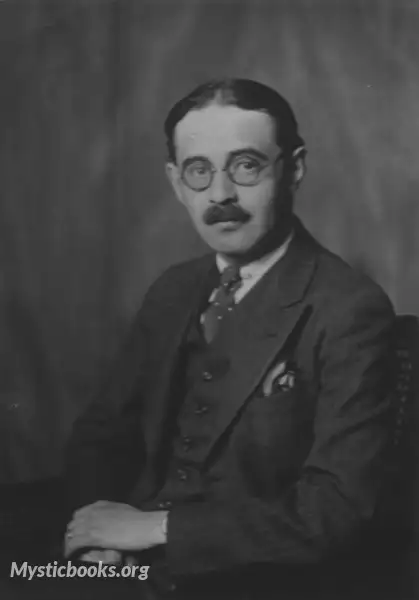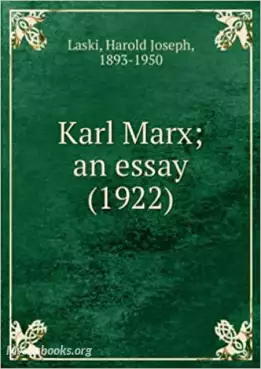
Timeline
Title
Country/Nationality
Harold Laski
Harold Joseph Laski was an English political theorist and economist. He was active in politics and served as the chairman of the British Labour Party from 1945 to 1946 and was a professor at the London School of Economics from 1926 to 1950. He first promoted pluralism by emphasising the importance of local voluntary communities such as trade unions. After 1930, he began to emphasize the need for a workers' revolution, which he hinted might be violent. Laski's position angered Labour leaders who promised a nonviolent democratic transformation. Laski's position on democracy threatening violence came under further attack from Prime Minister Winston Churchill in the 1945 general election, and the Labour Party had to disavow Laski, its own chairman.
He was born in Manchester on 30 June 1893 to Nathan and Sarah Laski. Nathan Laski was a Lithuanian Jewish cotton merchant from Brest-Litowsk in what is now Belarus and a leader of the Liberal Party, while his mother was born in Manchester to Polish Jewish parents. He had a disabled sister, Mabel, who was one year younger. His elder brother was Neville Laski, and his cousin Neville Blond was the founder of the Royal Court Theatre and the father of the author and publisher Anthony Blond.
Harold attended the Manchester Grammar School. In 1911, he studied eugenics under Karl Pearson for six months at University College London (UCL). The same year, he met and married Frida Kerry, a lecturer of eugenics. His marriage to Frida, a Gentile and eight years his senior, antagonised his family. He also repudiated his faith in Judaism by claiming that reason prevented him from believing in God. After studying for a degree in history at New College, Oxford, he graduated in 1914. He was awarded the Beit memorial prize during his time at New College. In April 1913, in the cause of women's suffrage, he and a friend planted an explosive device in the men's lavatory at Oxted railway station, Surrey: it exploded, but caused only slight damage.
Laski failed his medical eligibility tests and so missed fighting in World War I. After graduation, he worked briefly at the Daily Herald under George Lansbury. His daughter Diana was born in 1916.
Laski contracted influenza and died in London on 24 March 1950, aged 56.
Books by Harold Laski

Karl Marx: An Essay
This highly readable 1922 essay on Karl Marx is a scholarly and critical account of Marx's life and work.